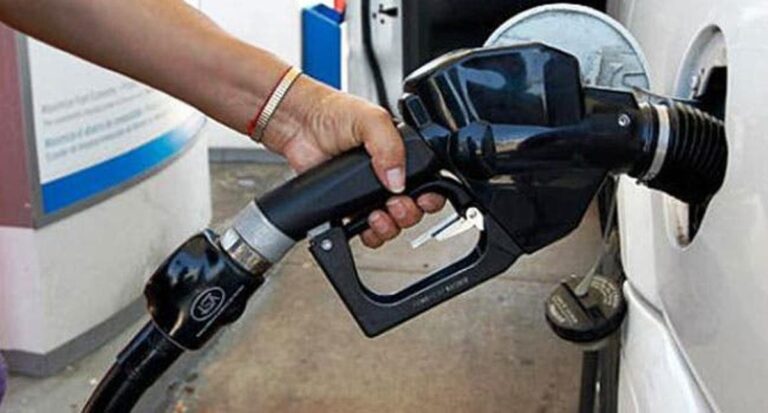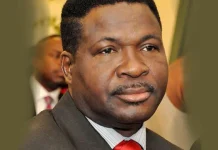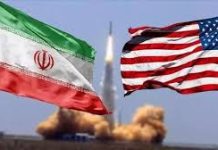The price of Premium Motor Spirit (PMS), also known as petrol, is set to rise further as the landing cost of imported fuel has surged by ₦88 per litre within a week, raising concerns among consumers and stakeholders.
This development follows the Dangote refinery’s decision to suspend the sale of petroleum products in naira, citing the Federal Government’s failure to sustain the naira-for-crude deal. The refinery stated that the move was necessary to align its crude procurement obligations, which are denominated in US dollars, with its sales proceeds.
Data from the Major Energies Marketers Association of Nigeria (MEMAN) indicated that the landing cost of imported petrol rose from ₦797 per litre last week to ₦885 per litre this week. This increase is higher than the Dangote refinery’s ex-depot price of ₦815 per litre, which had previously helped stabilise pump prices.
The situation worsened after a scheduled meeting between the Technical Sub-Committee on the Naira-for-Crude Policy, Dangote refinery, and government officials failed to hold as planned. Insiders revealed that the Nigerian Upstream Petroleum Regulatory Commission had not presented possible options on the deal, prompting a rescheduling of the meeting.
The rising landing cost has already impacted retail prices, with some private depots in Lagos now selling petrol at about ₦900 per litre, up from less than ₦850 per litre before the refinery’s announcement. Industry analysts warn that the pump price of petrol could soon hit ₦1,000 per litre due to foreign exchange instability and the absence of the naira-for-crude deal.
Meanwhile, fuel imports have risen sharply. Documents from the Nigerian Ports Authority show that seven vessels carrying 154.22 million litres of PMS were scheduled to berth at seaports in Lagos and Cross River between March 17 and 23 to bolster supply.
Stakeholders have voiced differing opinions on the naira-for-crude policy. The Depot and Petroleum Products Marketers Association of Nigeria (DAPPMAN) argued that denominating crude transactions in naira could destabilise the foreign exchange market. Conversely, the Petroleum Products Retail Outlets Owners Association of Nigeria (PETROAN) urged the government to ensure that petroleum product transactions remain in naira to protect the economy from inflationary pressures.
As the impasse continues, petrol marketers and consumers are bracing for further price increases unless the government and the Dangote refinery reach a resolution.













